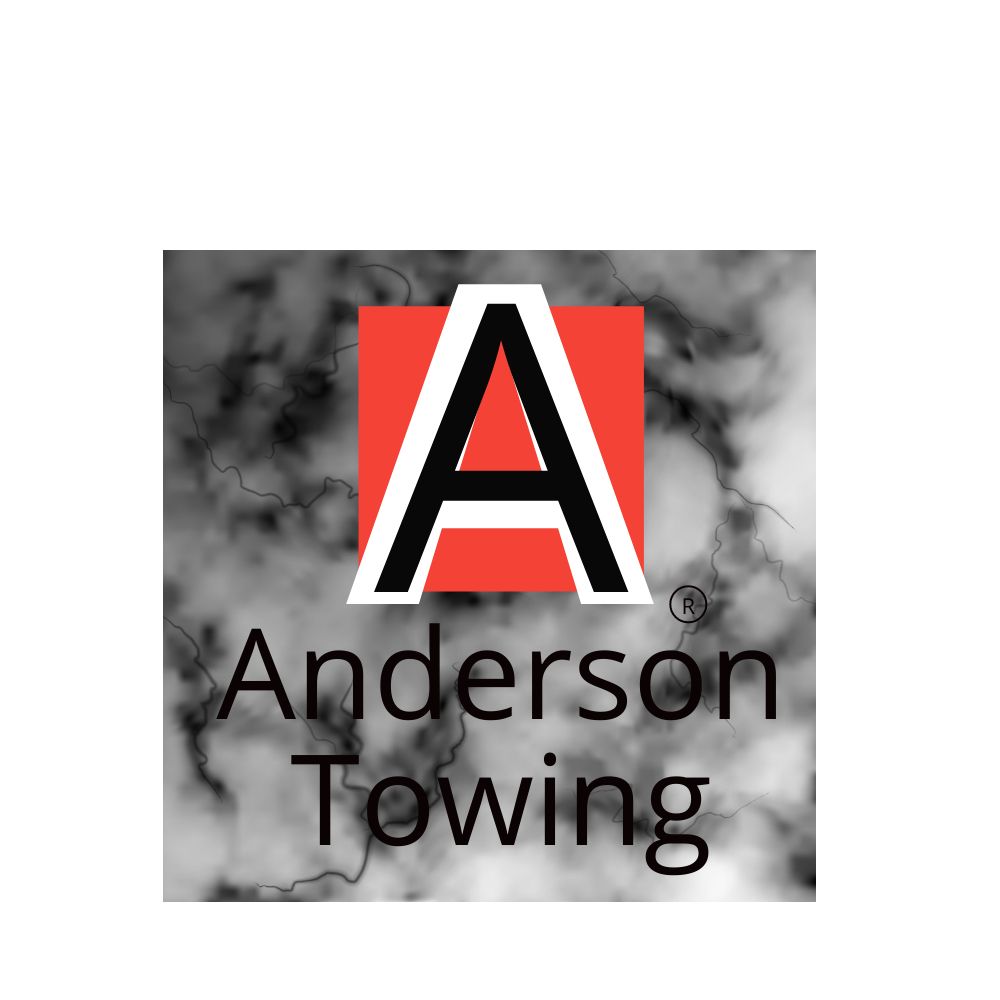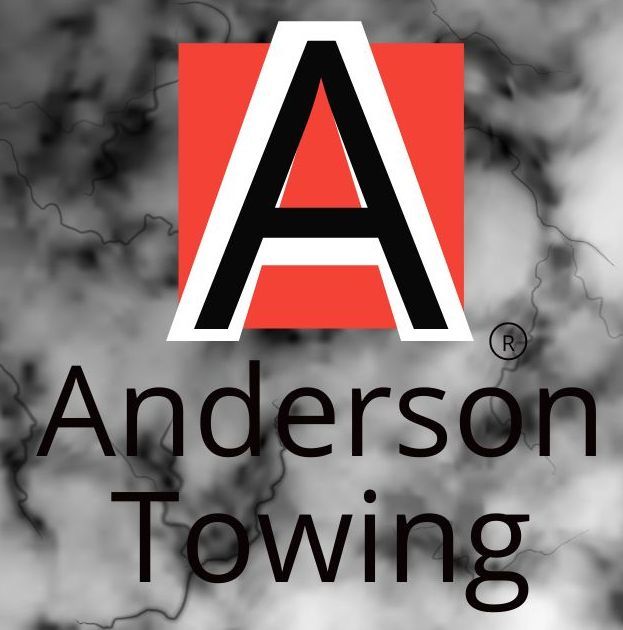FAQ for towing in Anderson

You almost likely have questions if you are a driver who has been in an accident.... Here are the answers to the most often asked questions!
If you are in a
collision in or around Anderson and your car is no longer safe to drive, you will almost probably need to have it towed to a repair shop or a body shop. However, before calling to have your vehicle towed, you should understand your rights and what to anticipate when the tow truck driver arrives at your place of the incident. While the majority of tow truck drivers are honest professionals, there will always be a bad apple somewhere in the service industry who tries to take advantage of folks who are (understandably) stressed out in a terrible situation. Following an accident, anyone might become unusually vulnerable, any driver would. However, there is some good news! Before determining whether or not to have your vehicle towed, you may take numerous steps to avoid getting into a jam. Before permitting someone or anyone to tow your vehicle, you should always:
1.Contact your car insurance company first and foremost, even if it's after their typical hours. Your insurance company can advise you on what to do next, propose reasonable towing prices, or inform you of the rates they can pay out based on your own specified policy coverage. They may also help you avoid unnecessary delays in getting your vehicle repaired by their affiliated/approved teams. In some cases, they may be able to arrange for one of their preferred repair facilities to go ahead and pick up your damaged vehicle for you, on site. If you can't reach your insurer right away, or if you prefer not to have your insurer find a
tow company
for you, you can still have your vehicle towed, but remember to keep all receipts and documents related to your tow, as your insurance company may reimburse you for some or even all of the expenses, depending on your specific policy coverage.
2. Determine if your vehicle requires towing at all. When you've been in an accident, your first thought could be to call a tow truck somewhere around
Anderson. You may, however, be able to safely drive away from the scene on your own. The most essential thing to remember, as always, is safety! You can probably drive your own automobile instead of contacting a tow truck if you can answer yes to the following questions:
- Does your car have any fluid leaks?
- Do your headlights and taillights still work?
- Are all of your mirrors in excellent shape?
- Does the braking and steering feel natural?
- Is your hood still firmly closed?
If you can't answer yes to all of these questions or have other reasons to believe your car isn't safe to drive (for example, if the airbags have deployed or there's damage to the wheels/ rims), you should have it towed. You can also ask a police officer on the scene to aid you in deciding if your automobile is safe to drive. In roadside situations, police officers tend to be very pleasant, they are always knowledgeable and informed, and their first concern is your safety as well as the safety of other drivers in our Anderson area communities.
3. Contact your insurance company for
roadside assistance services; many drivers are unaware of the details of their coverage! If they are unable to assist you, keep all receipts and documents related to the state of your vehicle, as you may be able to get your money back through your insurance company or a roadside assistance provider, again, this always depends on your specified coverage agreement with the insurer.
4. Ensure that your vehicle is adequately prepped for the tow! Before your automobile is relocated, take detailed images of the damage and the collision place — and don't forget to capture the inside of your vehicle as well. You should also remove all of your personal belongings and necessities from your vehicle before allowing anybody else to move it, as most tow yards can’t be responsible for any items left inside.
5. Confirm that the tow truck you asked for arrives — or, if you did not request it, it’s really important that you do your homework and be sure it is from a reputable business. Tow trucks and tow operators are always on the road, but that does not mean they are authorized business
tow operators in Anderson. When a towing firm lacks ethics, they may even try to persuade you that your automobile must be hauled even though it is still drivable and really does not need a paid tow. Proceed with caution if a tow truck comes at the location too soon, even if you didn't call it and can't confirm it's from a reputable company.
6. Inform the driver of the tow truck of the location where you want or need your automobile to be dropped off. You may have it towed to one of your insurance company's preferred repair facilities (which they can normally arrange in advance), or a repair facility of your choice, or your preferred family mechanic. It's critical to understand that you have the right to choose who tows your vehicle and where it's taken — a
reputable tow truck service
should not insist on taking your vehicle to a specific location unless the police provide directions, and you may note that a reputable tow company can usually give you a local recommendation if you'd like.
7. Before signing or making any payment, carefully and thoroughly read the paperwork supplied by the police and tow truck driver. Instead of a blank contract or work order, the tow truck driver must (or should!) provide you with an itemized invoice to examine. In general, this is a simple statement: "Rollback transportation 24 miles for a silver 2018 Nissan Rogue" Check that you are just agreeing to pay to have your automobile towed to a location of your choosing, rather than signing a work order or committing to have your vehicle serviced by a certain facility. Never sign a contract that does not clearly describe what you're paying for and where your car will be towed to, and save a duplicate of any papers relating to your vehicle to ensure your insurance company has all they need to recover any money owed to you as their insured customer.
8. Confirm whether the given price is reasonable under the circumstances. If you're unclear, your insurer's claims department should be able to investigate reasonable towing expenses on your behalf. Tow truck drivers may be compelled to conform to regulated rates depending on where you live, and there may also be a maximum up-charge restriction. If you can't reach your insurance company by phone, you sometimes can get their local tow rates/guidelines on their website.
9. We cannot stress this enough: save the receipt and any paperwork provided by the tow truck or police. You'll almost always need to email it or show it to your insurance company so they can pay you if your specified coverage includes towing or other roadside assistance.
While these recommendations are based on general guidelines that apply in most regions, towing rules and regulations vary by state, county, and even city. It's always a good idea to be aware of the towing regulations in the region you're visiting in case your car has to be towed in any area of the country. If you have doubts about your auto insurance coverage or want to be sure that your policy includes towing, you should call your car insurance broker immediately, as neither the police nor the tow operator can answer those inquiries, those details will always be whatever your chosen policy held by your insurance company states.
Free Downloads

